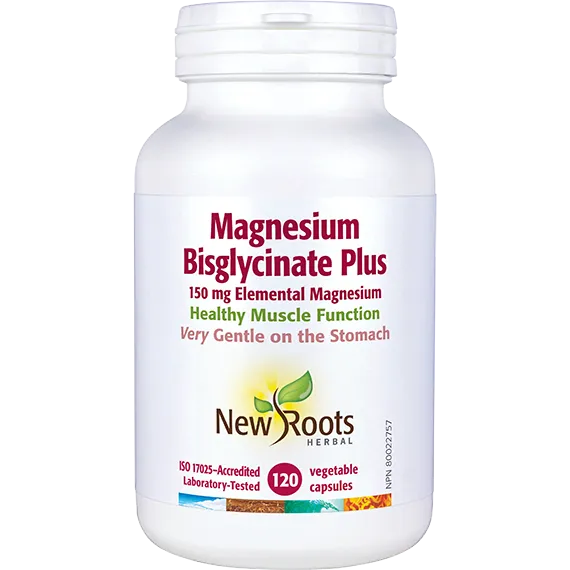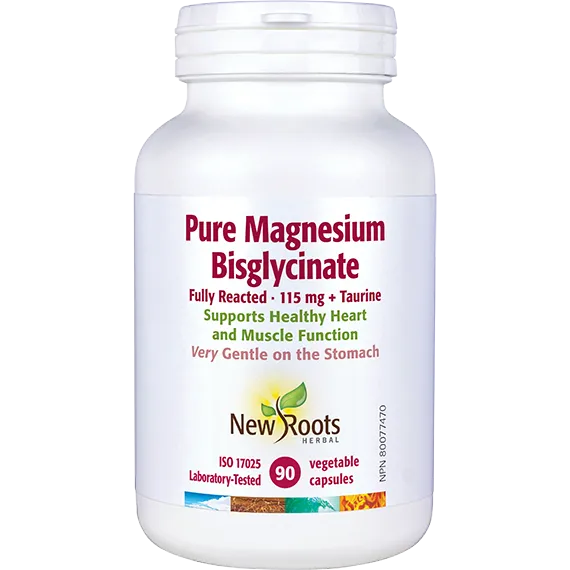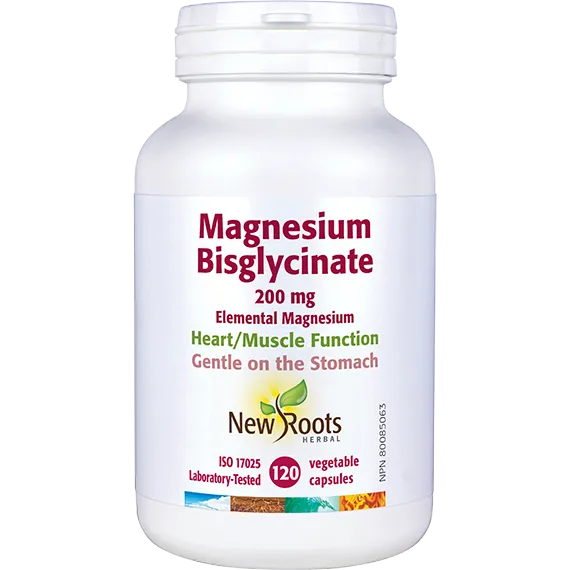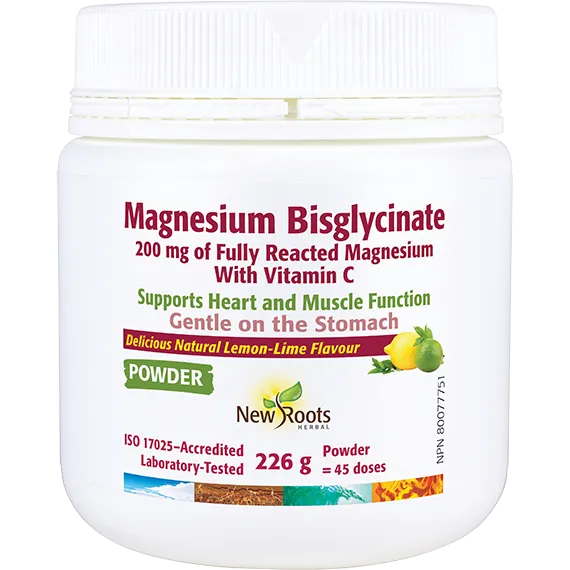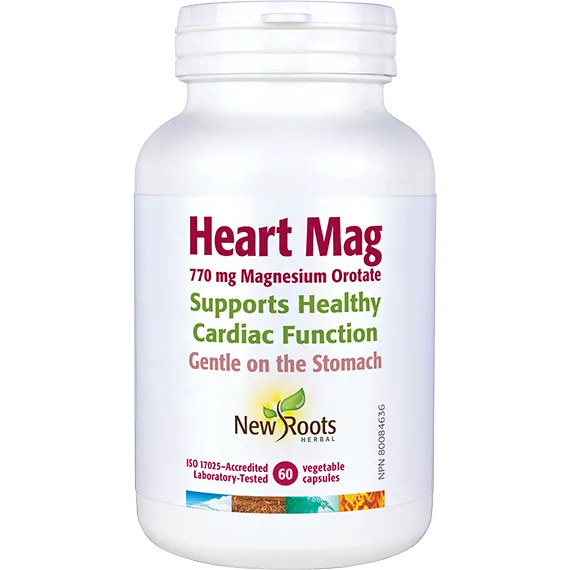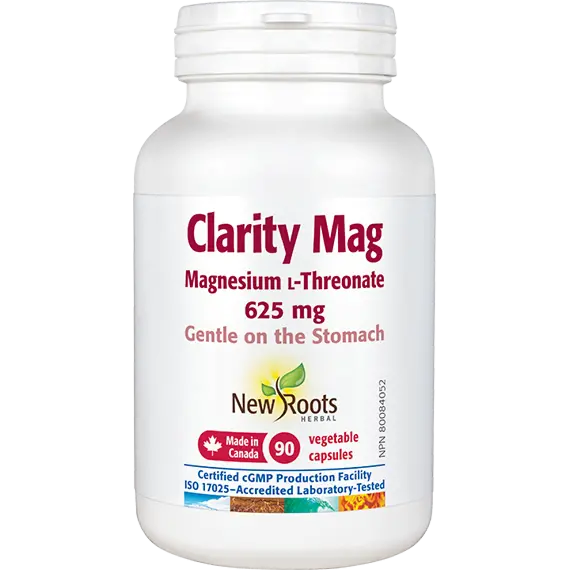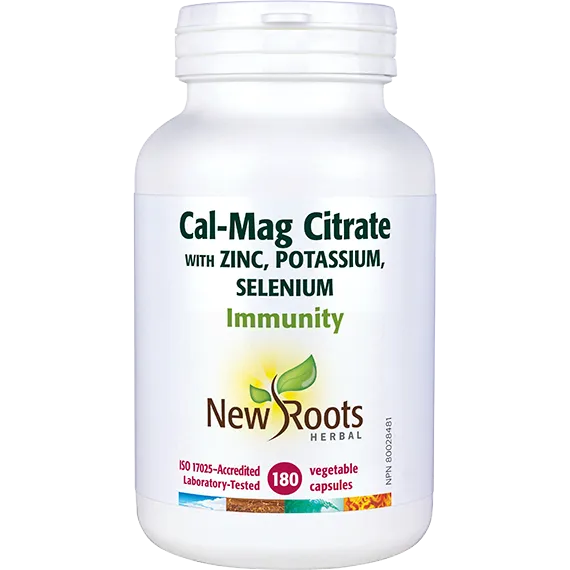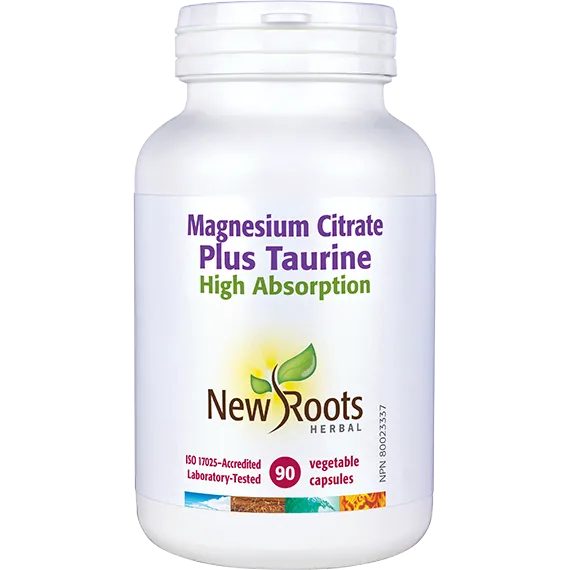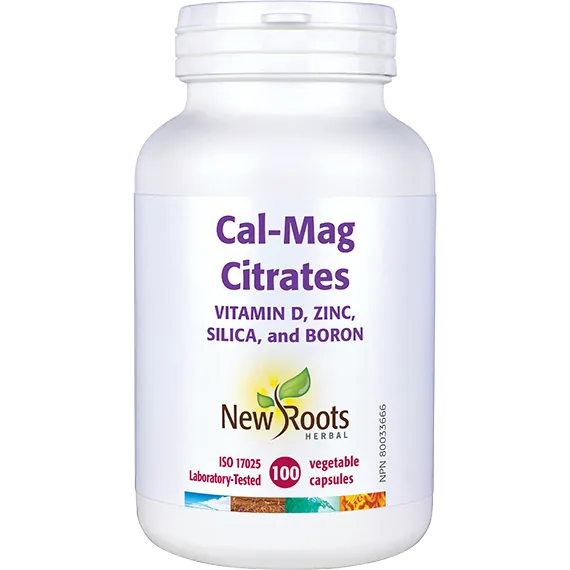Magnesium—A National Deficiency
Magnesium deficiency is a widespread phenomenon of modern times in Canada. Many Canadians simply don’t get enough of this vital mineral through their diet, which can lead to many health issues. Some experts even claim that magnesium deficiency is one of the largest health problems in our world today. Millions of Canadians suffer daily from magnesium deficiency, most of the time unknowingly. According to Health Canada, one in three Canadian adults do not meet the estimated average requirement (EAR) for magnesium intake.

1 in 3 Canadians are lacking
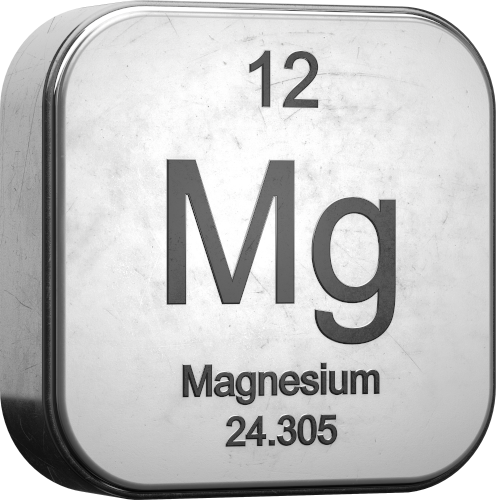

Are You at Risk for Magnesium Deficiency?
Depending upon age, gender, lifestyle, and circumstances, the body can have an expanded need for magnesium. Magnesium deficiency can be caused by a variety of factors including, but not limited to:
- Age: The body’s ability to absorb and store magnesium decreases with age.
- Strains on Agriculture: Increased demands on our food chain has left our soil magnesium-deficient, resulting in lower concentrations of magnesium in foods known to be abundant in this mineral. Even organic produce does not guarantee sufficient magnesium content.
- Changing Diets: Greater consumption of processed foods as well as excessive caffeine and alcohol negatively affect magnesium standing in two ways. Processed foods are inherently low in magnesium; they are also high in sodium, which depletes magnesium.
- Life Circumstances: Strenuous training programs, intense exercise, pregnancy, and lactation are factors that have contributed to magnesium deficiencies.
- Intestinal Health Issues: Magnesium is absorbed throughout the intestines, with the part of the small intestine (jejunum) connecting to the colon being the major site of intake. People with short-bowel syndrome and those having undergone intestinal surgery are at risk of deficiency because their absorption abilities have been reduced.
- Medications: Prescription drug–induced magnesium deficiency is common; diuretics, proton-pump inhibitors, and chemotherapy-related drugs can be culprits.
Signs and Symptoms of a Deficiency
Considering its significant role in overall health, it’s not surprising that a lack of magnesium can be a contributor to many health concerns. Magnesium is a factor in the normal functioning of the muscles and nervous system in our body and is responsible for locking down calcium for skeletal development and the maintenance of strong bones, critical for healthy aging. In addition, it works synergistically with vitamin D to protect cells from oxidative stress and support immune function.
Overall, the “mighty mineral” serves as the spark for over 300 enzymatic reactions in the body, so a deficiency can manifest itself in many ways affecting different body functions:
| Muscular | Fatigue, muscle weakness and pain, numbness, spasms (eyelids), cramps, tetany, tingling, fibromyalgia, nystagmus |
| Neurological | Stress, irritability, depression, anxiety, migraines, headaches, dizziness, insomnia, jaw pain |
| Cardiovascular | Hypertension, primary hypertension, coronary heart disease, stroke, abnormal vascular tone, congestive cardiac failure, ischaemic heart disease, arrhythmia, myocardial infarction, preeclampsia |
| Endocrine | Metabolic syndrome, type II diabetes mellitus, impaired glucose tolerance, thyroid and parathyroid diseases |
| Bone | Osteoporosis, fractures |
| Gastrointestinal | Constipation, bloating, loss of appetite, nausea, vomiting, liver cirrhosis, colorectal cancer |
| Respiratory | Asthma |
| Psychological | Low concentration, ADHD |
| General | Chronic low-grade inflammation, oxidative response causing endothelial dysfunction, refractory hypokalemia, refractory hypocalcaemia |
| Magnesium | ||||
|---|---|---|---|---|
| Legend | Children | |||
| Age | RDA1 mg/day | 1–3 y | 80 | |
| 4–8 y | 130 | |||
| Males | Females | |||
| 9–13 y | 240 | 9–13 y | 240 | |
| 14–18 y | 410 | 14–18 y | 360 | |
| 19–30 y | 400 | 19–30 y | 310 | |
| 31–50 y | 420 | 31–50 y | 320 | |
| 51–70 y | 420 | 51–70 y | 320 | |
| >70 y | 420 | >70 y | 320 | |
| Pregnancy | Lactation | |||
| < 18 y | 400 | < 18 y | 360 | |
| 19–30 y | 350 | 19–30 y | 310 | |
| 31–50 y | 360 | 31–50 y | 320 | |
How to Optimize Your Magnesium Intake
Magnesium is a vital mineral our body can’t produce; therefore, it must be ingested in sufficient quantities via daily diet or supplements. If the daily recommended intake is not covered over a longer period, the storage systems slowly empty. Living a healthy lifestyle, avoiding stress, and keeping alcohol consumption to a minimum can help prevent a deficiency. There are many magnesium-rich foods such as nuts, seeds, and leafy greens; however, the quantity you need daily may be out of reach—see table (food sources).
Supplementing with biologically active, easily absorbed magnesium will ensure you get the recommended daily amount. Testing for magnesium deficiency can be done via blood analysis or determined according to your symptoms. A health-care practitioner can help you determine the right amount of magnesium to meet your needs. The chart below shows the recommended daily intake for magnesium, but recent clinical studies suggest different forms could be of greater benefit for you.
1 RDA stands for Recommended Dietary Allowances - Health Canada recommended daily intake sufficient for up to 98% people based on sex, age and condition. The amount of Magnesium an average person should be getting every day, from food and supplementation.
Is There a Better Magnesium for You?
Identifying a magnesium deficiency and choosing the right form and dosage could be the simple therapeutic intervention to dramatically impact your health. It’s important to pick a high-quality product that provides the type and strength of magnesium that’s suited to benefit your specific needs and lifestyle.
Why Do Some Magnesium Supplements Contain ʟ-Taurine? ʟ-Taurine helps stabilize cell membranes and assist in nervous system function. It supports movement of electrolytes in and out of cells critical for generation of nerve impulses.
| Food | Serving Size | Magnesium Content per Serving | Servings Needed for RDA (e.g., female 31–50 : 320 mg) | |
|---|---|---|---|---|
| Fish | ||||
| Salmon |  | 150 g / 0.33 lb | 44 mg | 7.3 = 1.095 kg / 2.4 lb |
| Fruits | ||||
| Blackberries |  | 200 g/ 0.44 lb | 60 mg | 5.3 = 1.06 kg / 2.3 lb |
| Strawberries |  | 200 g / 0.44 lb | 44 mg | 7.3 = 1.46 kg / 3.2 lb |
| Nuts | ||||
| Almonds |  | 30 g / 0.06 lb | 81 mg | 4 = 120 g / 0.27 lb |
| Peanuts |  | 30 g / 0.06 lb | 48 mg | 6.7 = 201 g / 0.44 lb |
| Vegetables | ||||
| Green Peas |  | 200 g / 0.44 lb | 60 mg | 5.3 = 1.06 kg / 2.3 lb |
| Spinach |  | 100 g / 0.22 lb | 58 mg | 5.5 = 550 g / 1.21 lb |
| Broccoli |  | 200 g / 0.44 lb | 48 mg | 6.7 = 1.34 kg / 2.95 lb |
| Tofu (Soy) |  | 150 g /0.33 lb | 45 mg | 7.1 = 1.065 kg / 2.35 lb |
It’s All About Quality…
Our state-of-the-art ISO 17025–accredited laboratory, featuring the most technologically advanced equipment, ensures our magnesium products meet the highest standards of identity, purity, and potency as every ingredient that goes into our products.
WHERE TO BUY
Your current country:
Would you like to stay on this domain or be redirected to the recommended site for your region?

